


Funded by the European Union. Views and opinions expressed are however those of the author(s) only and do not necessarily reflect those of the European Union or the European Education and Culture Executive Agency (EACEA). Neither the European Union nor EACEA can be held responsible for them.
STEM for future (‘A stem for the future’, but also ‘STEM for the future’) aims to develop a greater knowledge and culture among young people of new career opportunities enabled by technology, with training initiatives to enhance their STEM skills through non-traditional teaching methods.
The objectives of the project are:
The project involved about 100 students in the last years of upper secondary education, mainly from non-technical/technological backgrounds, on the threshold of an important choice for their future.
The project is structured as follows:
Partners in Italy, Estonia, Portugal and Spain developed a method for planning and conducting STEM camps. In addition, a tool to assess the impact of such activities on students’ future choices. Finally, a set of guidelines and recommendations for implementing STEM policies in upper secondary schools to enable the replicability of the pilot actions carried out within the Project and their possible incorporation into the curricula of other schools in partner countries and elsewhere.
The project also includes teachers and trainers among its target groups to ensure the use and dissemination of the products and results. Through the use of the tools developed in the project and the involvement of teachers, the project contributes to the renewal of school curricula. It could include modules to approach STEM subjects and, at the same time, the adjustment of the teaching methods and contents.
This kind of change can also increase the attractiveness of the school’s educational offerings, both at the entry level – towards the families of potential new students – and at the exit level – towards the families of potential new students, as well as outgoing -to universities and the world of work.

Progettazione e sviluppo di 4 campi estivi nazionali locali e un campo internazionale, per introdurre i giovani alle alle materie STEM.

Valutazione e revisione delle attività di formazione e delle attività di orientamento.

Raccolta e descrizione delle esperienze, delle migliori pratiche e valutazione dell’impatto risultati.
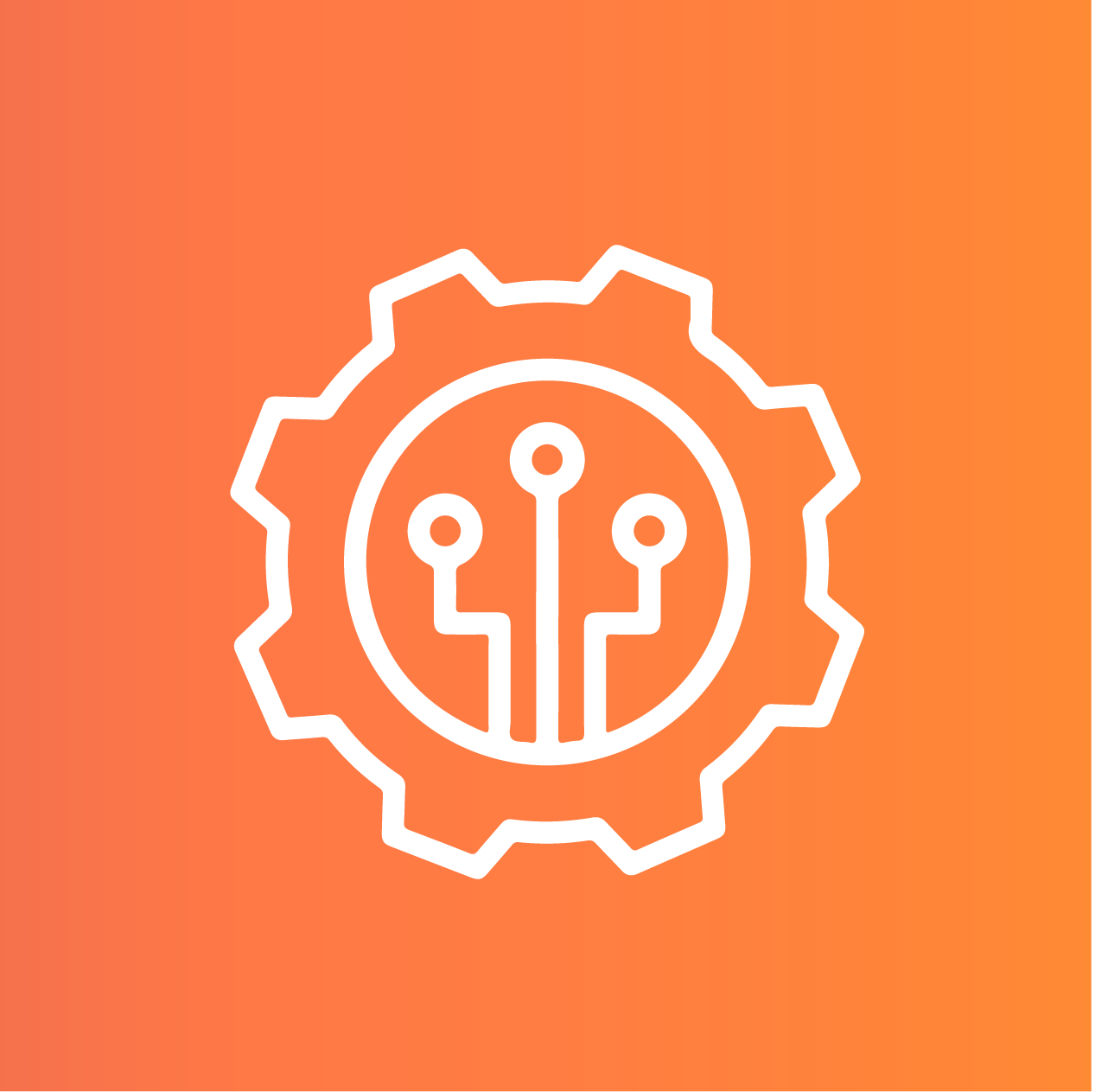
Progettazione di uno strumento metodologico per valutare le competenze e l’impatto della formazione STEM.

Sviluppo di una rete estesa per promuovere l’avanzamento di ragazze e ragazzi nella formazione STEM e carriera.
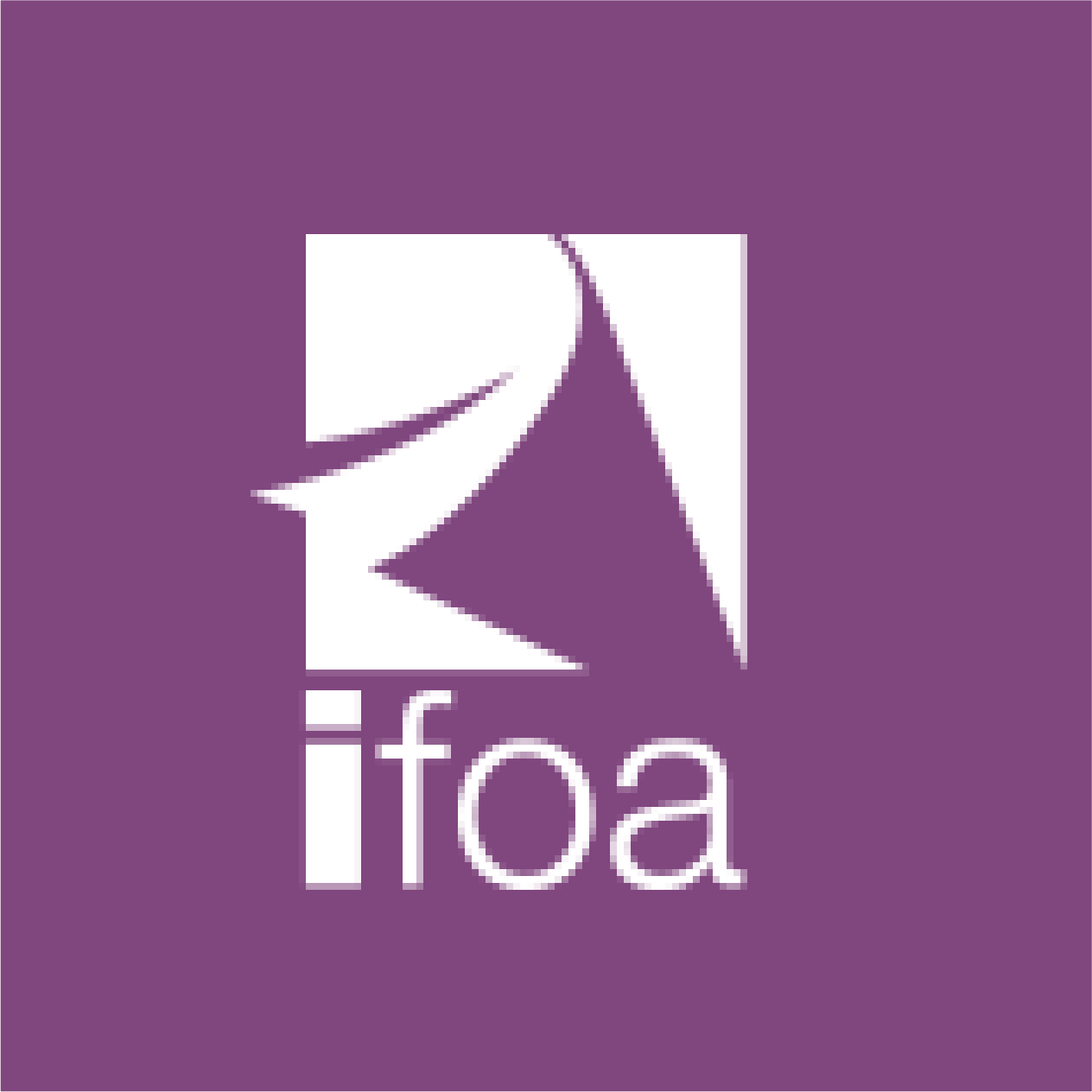
IFOA
Reggio Emilia, Italia
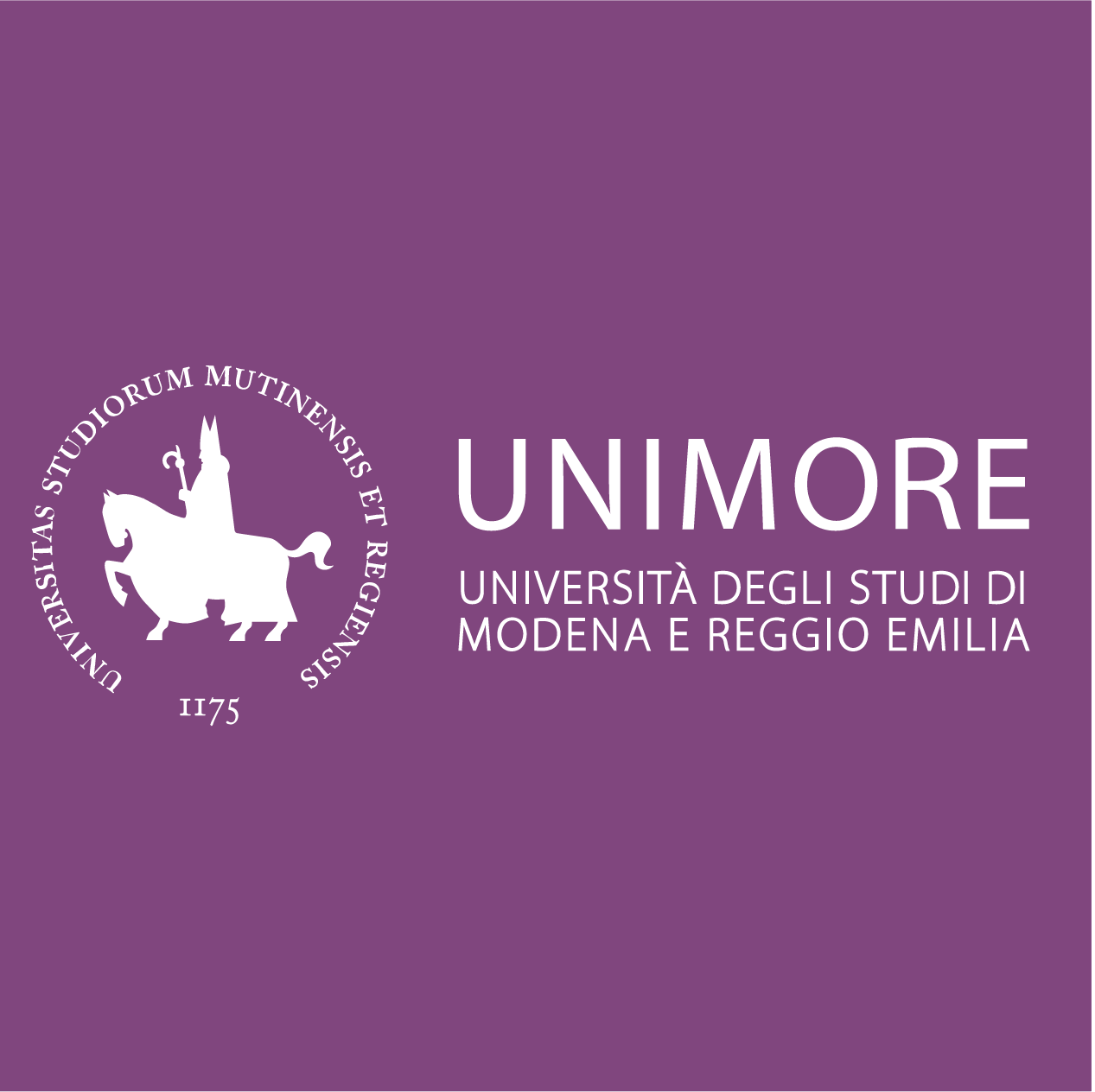
UNIVERSITÀ DI MODENA E REGGIO EMILIA
Modena, Italia
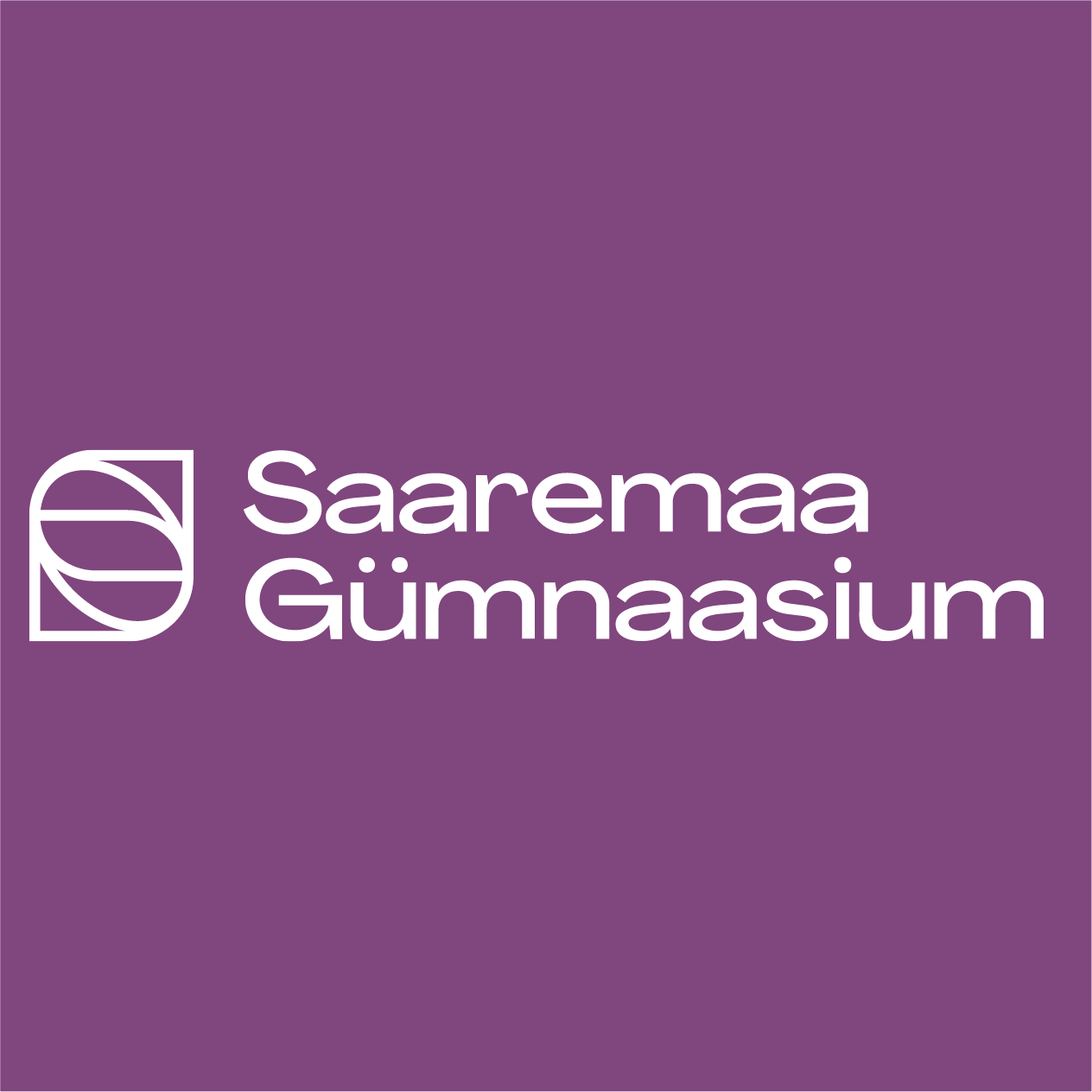
SAAREMAA GUMNASIUM
Küressaare, Estonia
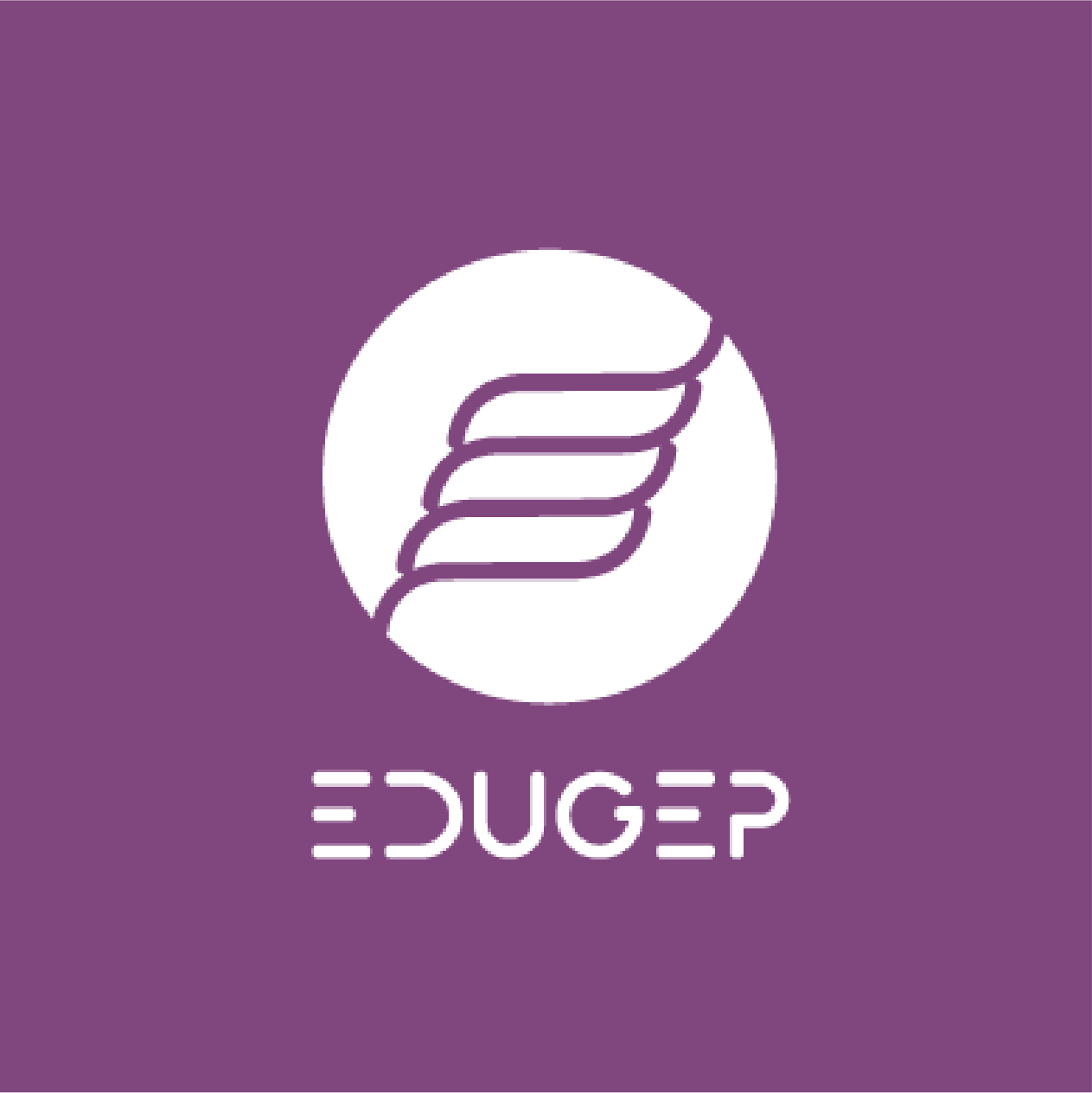
EDUGEP
Setúbal, Portogallo
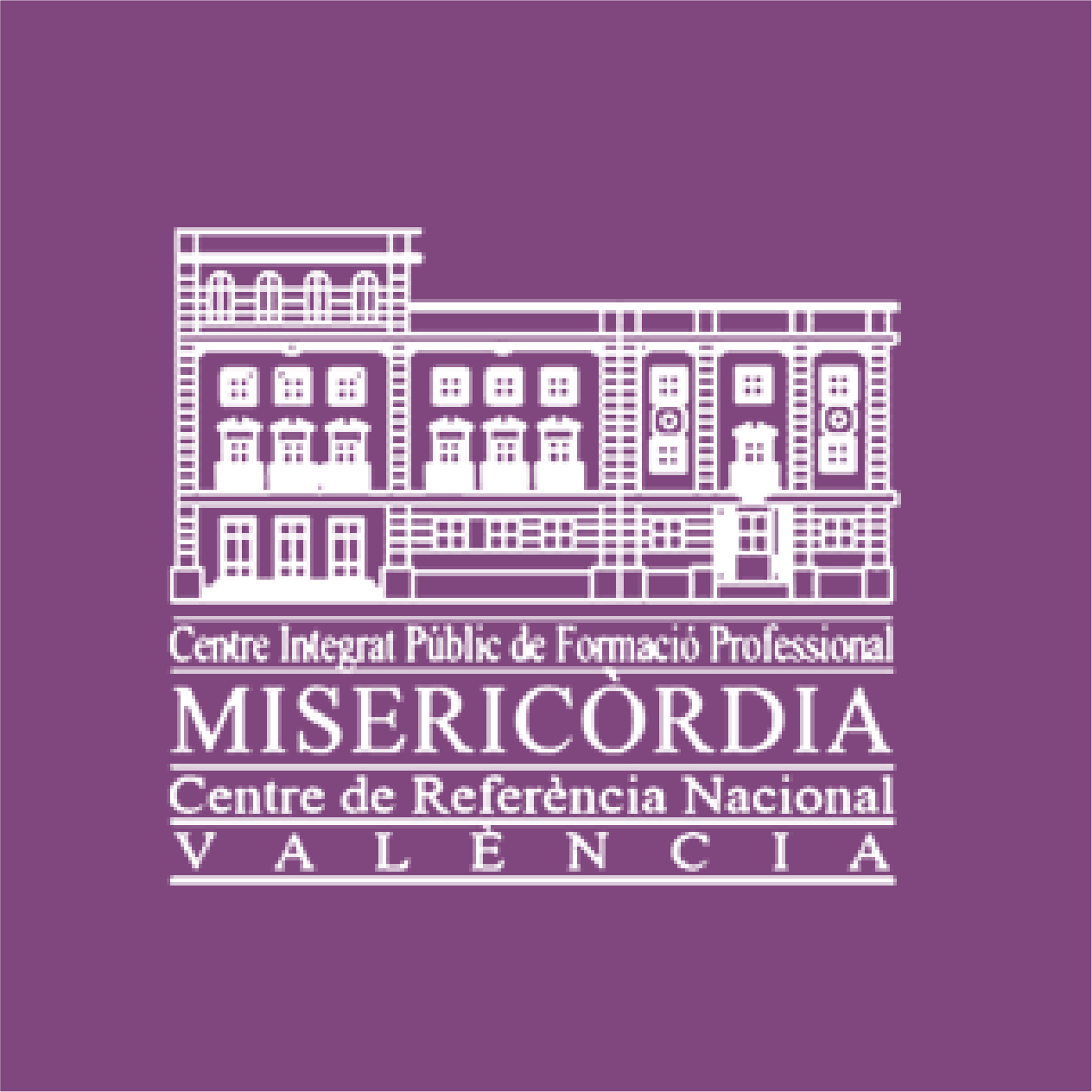
CIPFP MISERICORDIA
Valencia, Spagna
The project, approved by the Italian National Agency INDIRE, 2021-1-IT02-KA220-SCH-000034362), involved the following five partners: IFOA – Istituto Formazione Operatori Aziendali (IT); UNIMORE – Università degli Studi di Modena e Reggio Emilia (IT); Saaremaa Gümnaasium (EE); EDUGEP – Concepção, desenvolvimento e Gestão de projectos de natureza educacional, social e cultural LDA (PT); CIPFP Misericordia – Centro Integrado Público de Formación Profesional Misericordia (ES)